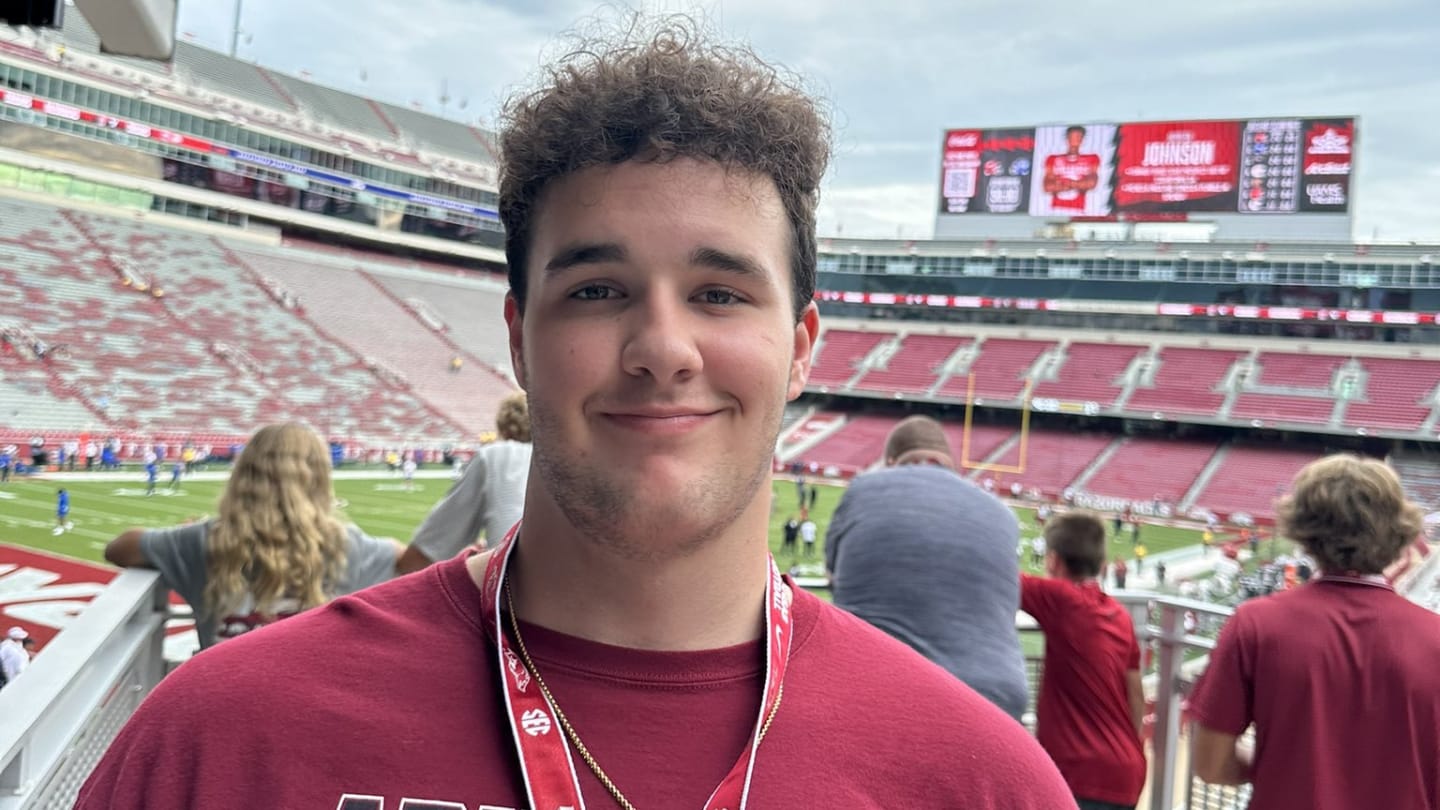SAN FRANCISCO – OpenAI announced Tuesday that it is delaying the launch of speech and emotion reading features for its chatbot ChatGPT because more time is needed for security testing.
OpenAI delays ChatGPT voice mode, citing security testing

OpenAI had originally planned to offer the new features to some paying subscribers in late June, but has delayed that initial release by a month, the company said in a statement to X. The features will be available to all paying users in the fall, but added the caveat that “the exact timeline depends on maintaining our high security and reliability standards.”
OpenAI first added the ability to speak in one of several synthetic voices, or “personas,” to ChatGPT late last year. The May demo used one of those voices to showcase a newer, more powerful AI system called GPT-4o, in which the chatbot speaks in expressive tones, responds to a person’s tone of voice and facial expressions, and has more complex conversations. One of the voices, which OpenAI called “Sky,” is similar to the voice of an AI bot played by Johansson in the 2013 film “Her,” about a lonely man who falls in love with his AI assistant.
OpenAI CEO Sam Altman has denied that the company trained the bot using Johansson’s voice. The Washington Post reported last month that the company hired another actor to assist with training with audio footage. according to internal records and interviews with casting directors and the actor’s agent.
As the world’s biggest tech companies and upstarts like OpenAI vie to keep up in the generative AI space, several projects have hit unexpected obstacles. Last month, Google reduced the frequency with which AI-generated answers appear above search results after the tool made odd mistakes, such as asking users to put glue on their pizza. In February, the search company pulled an AI image generator that was criticized for creating images like a female pope. Microsoft made changes to its own AI chatbot last year after it sometimes delivered bizarre and aggressive responses.
OpenAI said on Tuesday it needed more time to make the new voice version of its chatbot better at recognizing and blocking certain content, but did not give details. Many AI tools have been criticized for inventing false information, spreading racist or sexist content, or showing bias in their results. Developing a chatbot that tries to interpret and mimic emotions increases the complexity of its interactions and opens up new ways for things to go wrong.
GETTING CAUGHT
Stories to keep you up to date
“ChatGPT’s enhanced voice mode can understand and respond to emotions and nonverbal cues, bringing us closer to real-time conversations with AI,” OpenAI said in its statement. “Our mission is to bring these new experiences to you with thought.”



